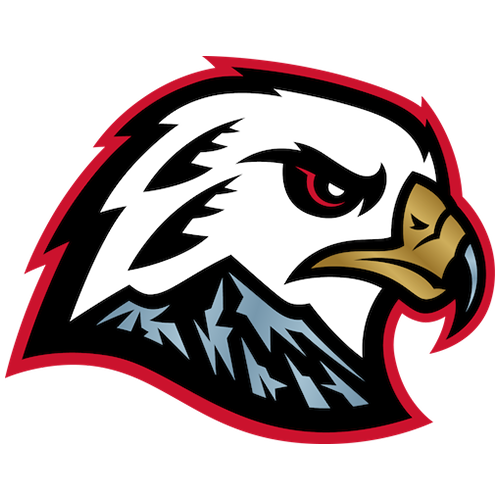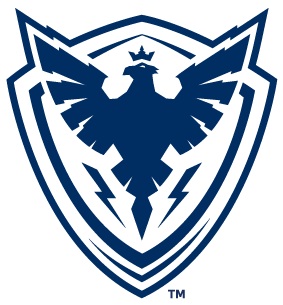WHL Throwback Thursday: Medicine Hat Tigers ahead of the pack
The Medicine Hat Tigers with their first WHL Championship in 1973. They’ve since won titles in 1987, 1988, 2004, and 2007. Photo: WHL Archives
Back in the mid-1970s, Willie Desjardins didn’t exactly look forward to a trip to Medicine Hat.
A forward for the Lethbridge Broncos at the time, Desjardins and his teammates fostered the beginnings of one of the league’s best geographical rivalries that has stood the test of time.
“It certainly wasn’t my favourite place to come in and play, but it certainly changed once I started coaching,” Desjardins said, now into his second stint as head coach and general manager of the Medicine Hat Tigers.
With eight seasons and a few months of experience over two stints behind the bench and in the front office with the Tigers, the sixth-largest city in Alberta has become a treasured home to Desjardins and his family.
“From when I first came in, the Maser [family] have treated me great,” Desjardins added. “Whenever you can get to be part of that kind of situation, you’re lucky.”
While they’ve excelled in developing on-ice talent in those 50 years, the Tigers have also been a model for consistency, developing talented off-ice members of the organization as well. It’s provided a rich atmosphere and decades of stability and success.
“Tiger hockey has been a good chunk of my life because I’ve been working with them for the last 50 years,” noted long-time broadcaster Bob Ridley. “It’s really meant a lot to me and I feel very fortunate to do what I have done all these years. It is special, there’s no question about it.”
The mantra of ‘the right place at the right time’ has applied to Desjardins, Ridley, and so many others.
In the late 1980s, the team was the perfect fit at the right time for hometown talent Trevor Linden, who parlayed two strong seasons into being the second-overall selection at the 1988 NHL Draft.
Another Albertan product in Tom Lysiak set the tone for regular season success in the team’s beginnings. Lysiak was a leading force in the team’s run to the 1973 WHL Championship, a title that put the Tigers on the map, helping to cement the Tigers’ place in league history. Well before Linden’s time, Lysiak was the second-overall selection at the 1973 NHL Draft.
Lanny McDonald, another Albertan product who contributed greatly to the Tigers’ success in 1973 and has been a face of the franchise’s notable alumni even in his retirement from the game.
It’s those standout talents that have paved the way for future generations in Ridley’s opinion.
“If it wasn’t for all these great players who came through the ranks, the Medicine Hat Tigers would not be the team they are today that’s for sure,” Ridley said.
Since the turn of the century, names like Ennis, Lupul, Bouwmeester, MacArthur, Russell, and Barker have paved their path to the NHL with the Tigers. They’ve also played a key role in producing talent at the academic level, with the likes of Trevor Cox, Steven Owre, and Cole Sanford contributing to the success of the University of Alberta Golden Bears in Canada West and U SPORTS play.
“We wanted to establish a hard-working culture,” Desjardins said. “We wanted to value lots of things. We wanted our guys to work hard [at] not only being hockey players, but developing as leaders. Those things were important.”
From their days in ‘The Smartie Box’, an affectionate nickname for the Medicine Hat Arena, and Ridley driving the team throughout Western Canada and the U.S. Pacific Northwest, the Tigers have remained a bright light on the WHL stage.
Their first foray at the Memorial Cup in 1973 ended in defeat, but their return trips in 1987 and 1988 yielded the team’s two Memorial Cups. The team has again nearly ascended their way to the top of the Canadian Hockey League in 2004 and 2007, though ultimately faced defeats each time. Still, a success rate of 40 per cent at the Memorial Cup and 10 per cent in the WHL Championship Series is a number that’d make most, if not all, envious.
“Winning is always great; that’s why you coach,” Desjardins said. “It’s fun when you’re in a championship run. There’s always lots going on and it’s always fun when you can get into that situation and even better when you win. The thing that is special is the people you meet along the way and the athletes you get to work with. Those are the things that I remember.”
With Desjardins back behind the bench in 2019, the team has championship aspirations moving forward with a great young core and a desire to repeat the success that came before them. Back in a familiar spot with familiar faces, Desjardins is in the right place at the right time with the right team.
“It’s great that that continuity has been there every year.”









































































